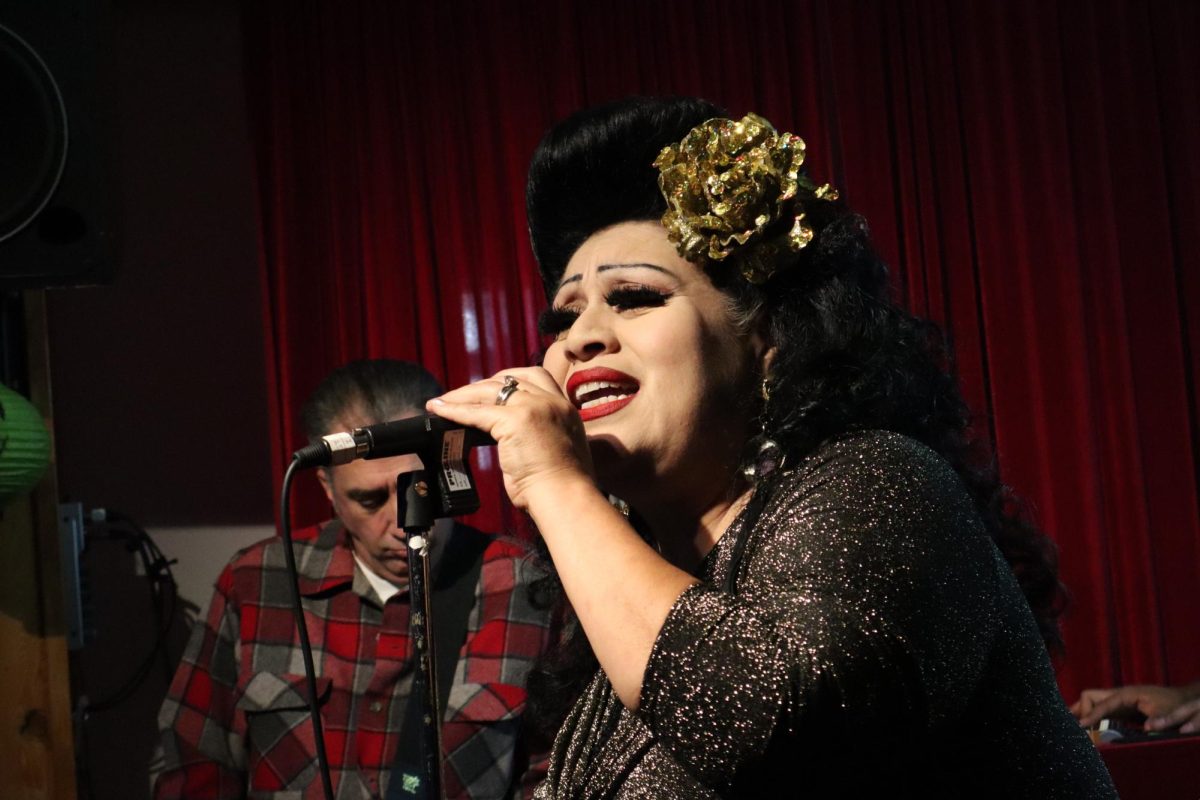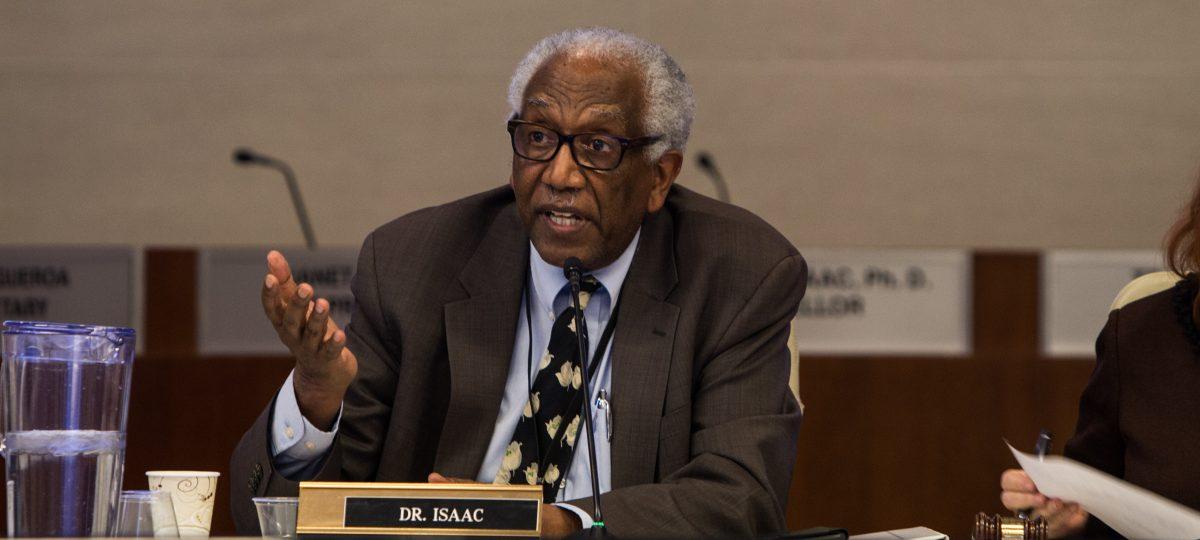By Leslie Santibanez-Molina
The turnout of LifeStream’s blood drive on Oct. 26 was much stronger than expected, students were supposed to book an appointment to donate blood on the website but the amount of students who turned up at Riverside City College’s Quad was higher than those who had booked appointments, according to nurse Hazel Loerta.
Students needed to inform nurses and doctors about their health history. Once inside the canteen, students got their temperature and health checked. Once they passed these tests they were allowed to donate blood. The blood donation process usually takes 6 to 10 minutes.
Andrea Delgado an RCC student was donating her blood for the eighth time. She wants to help out people in need of blood.
Delgado is an O Negative, the universal blood that anyone can use and the reason she donates blood.
“ Anyone can use it…but I can’t have anyone’s blood,” said Delgado.
Delgado recalled her previous experiences and fear of needles from when she was a child.
“I used to be scared of shots when I was little, my mom always had to get the doctor.”
Students registering outside were met with a green sheet with information regarding a Zika diagnosis. The information was in bold letters spread out on the green Information Sheet Regarding Zika Diagnosis.
“Please tell us if you have ever been diagnosed with Zika…had sexual contact with a person who has been diagnosed with the Zika virus,” was on the green sheet.
Nurses such as Loerta recommended students to avoid drinking coffee and tea. Coffee and tea would dehydrate students, increasing their chances of passing out. Students needed to drink plenty of water and be well fed.
Once students are done donating blood they have to remain in the canteen for 15 minutes to rehydrate and eat food provided by the nurses.
The blood will then be tested for any diseases before giving it to people in need of blood.
Lifestream has mobile centers that go out to various locations in the Riverside community and a home location in Riverside at 4006 Van Buren Blvd.













